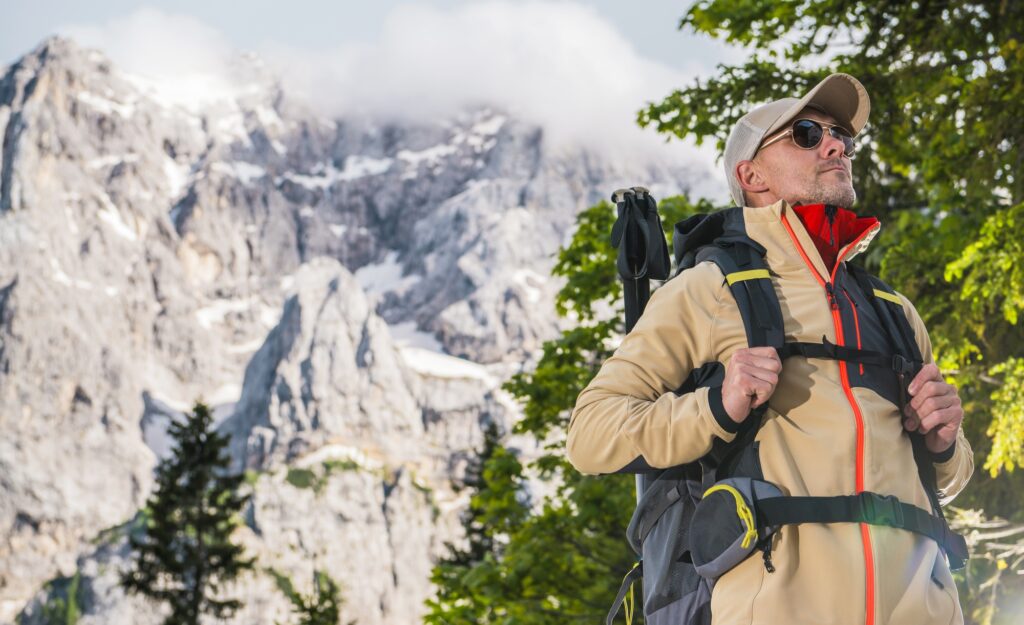Canada’s commitment to conservation and low-impact travel makes it a premier eco-tourism destination. In 2025, discover experiences that protect ecosystems, support local communities, and leave minimal footprints—whether paddling in pristine lakes or staying at carbon‑neutral lodges.
🏕️ Eco-Lodges & Green Stays
- Clayoquot Wilderness Resort (BC): All‑inclusive safari tents powered by solar and wind, zero‑waste kitchens.
- Earthsong Eco-Lodge (ON): Off-grid yurts on Manitoulin Island, organic gardens, and permaculture workshops.
- Gros Morne Eco-Cabins (NL): Solar‑heated cabins built with reclaimed wood, guided low‑impact hikes.
🚣 Low-Impact Adventures
- Paddling Expeditions: Discover the Nahanni River (NT), Bowron Lake Circuit (BC), or Algonquin’s canoe routes with Leave No Trace principles.
- Backcountry Camping: Permit-based camping in parks like Torngat Mountains (NL) and Yukon’s Kluane National Park.
- Wildlife Safaris: Ethical tours around Churchill (MB) for polar bears and belugas, maintaining safe distances and educational briefings.
🛠️ Community-Based Tourism
- First Nations Partnerships: Guided cultural walks and harvest experiences on unceded territories.
- Local Food Networks: Farm-to-table dinners in PEI oyster farms, organic beef ranch stays in Alberta.
- Voluntourism: Join reforestation efforts in BC’s Interior or invasive species removal on Prince Edward Island.
⚖️ Certification & Ethics
- Responsible Travel Badges: Look for ECO Canada, Green Key, and Canada Select’s sustainability ratings.
- Carbon Offsets: Major operators incorporate verified offsetting and promote rail or sail over flying.
🔮 Conclusion
Eco-tourism in Canada 2025 blends adventure, cultural exchange, and true sustainability. Choose operators who prioritize conservation, engage with local communities, and tread lightly—so these landscapes can be cherished for generations. 🌿♻️




